Energy and Sustainability
UConn is a leader in clean energy and sustainability research, driven by a commitment to developing innovative solutions for a sustainable future. Researchers at UConn are making significant strides in enhancing the efficiency, affordability, and durability of clean energy systems, with a focus on fuel cells, solar energy, and wind power.
UConn's sustainability research encompasses a broad range of environmental initiatives, integrating expertise from engineering, environmental science, and policy to address challenges in sustainable agriculture, water conservation, and waste management. The University's multidisciplinary approach to sustainability projects aims to develop practices and technologies that reduce resource consumption and mitigate environmental impacts. UConn researchers are actively engaged in studying environmental changes and developing strategies for adaptation and mitigation, including resilient agricultural practices, carbon capture and storage technologies, and the impact of environmental factors on ecosystems and human health.
UConn is committed to sustainability research, educating future leaders, and fostering collaborations with industry, government, and other academic institutions, driving impactful solutions for a more resilient world.
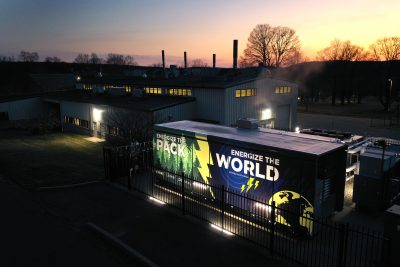
Center for Clean Energy Engineering (C2E2)
Spearheads efforts in renewable energy technologies, including fuel cells, solar energy, and wind power.
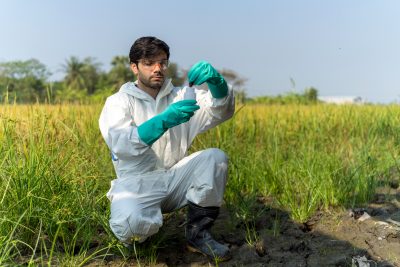
Center for Environmental Sciences and Engineering (CESE)
Strengthens the scientific understanding of complex and evolving natural systems to inform sound stewardship and enlighten public policy.
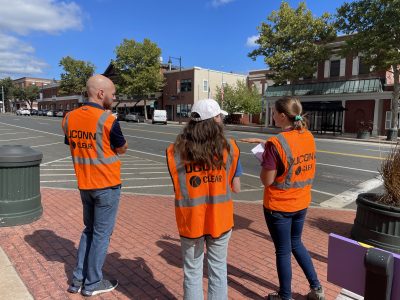
Center for Land Use Education and Research (CLEAR)
Addresses issues of water management, land use planning, climate resilience, and geospatial (mapping) technology to support better use of natural resources.
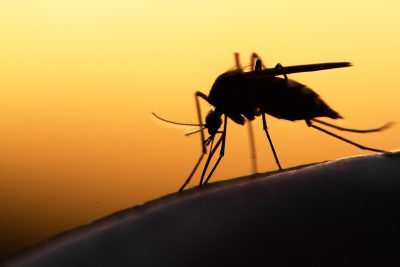
Center of Biological Risk (CBR)
Assesses, manages, and communicates biological risks of global change, focusing on risks related to biological systems.
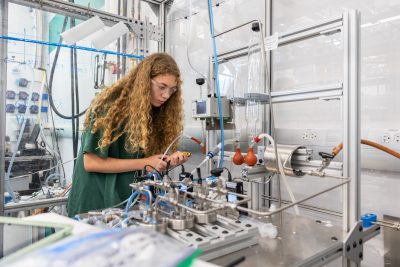
Connecticut Center for Applied Separations Technology (CCAST)
Uses tech-agnostic research and development to identify energy and cost-efficiency solutions for the separations industry.
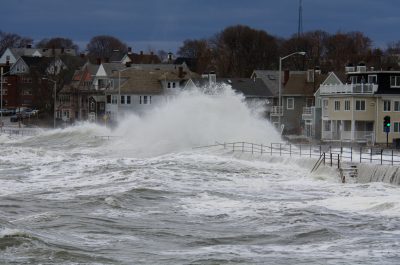
Connecticut Institute for Resilience & Climate Adaptation (CIRCA)
Brings together interdisciplinary experts to provide practical solutions to problems resulting from environmental changes.
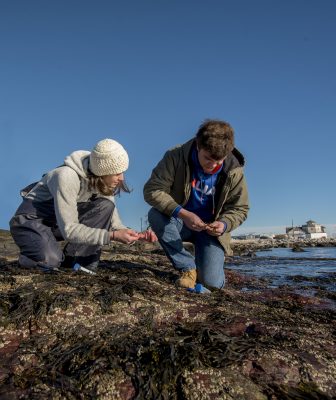
Connecticut National Estuarine Research Reserve (CTNERR)
Research and stewardship informs changes and advises adaptive management strategies amidst climate and human development stressors in the Long Island Sound estuary and watershed.
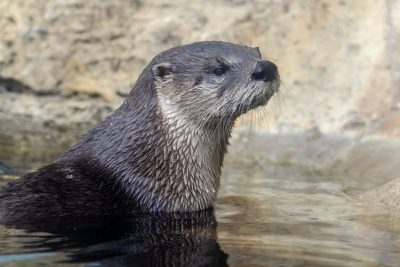
Connecticut Sea Grant (CTSG)
Works toward achieving healthy coastal and marine ecosystems and consequent public benefits by supporting research, outreach, and education programs.
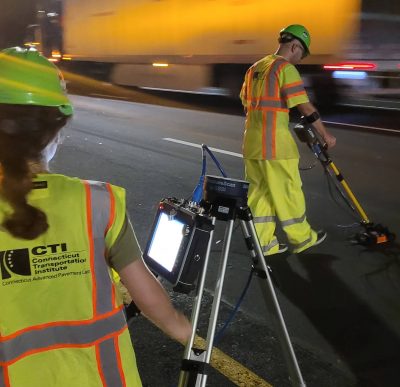
Connecticut Transportation Institute (CTI)
Advances the maintenance and enhancement of transportation systems and safety, with a particular focus on Connecticut’s current and future needs.

Connecticut Transportation Safety Research Center (CTSRC)
Supports the Connecticut Department of Transportation (CTDOT) in developing and maintaining a state-of-the-art crash data entry, collection, and safety analysis system.

Daigle Labs
Promotes environmentally sustainable business growth with strategies backed by the latest insights and innovations from organization science.
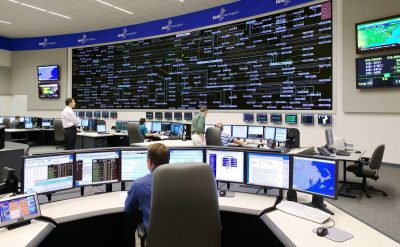
Eversource Energy Center
Advances leading-edge interdisciplinary research and technology to assure reliable power during extreme weather and security events.
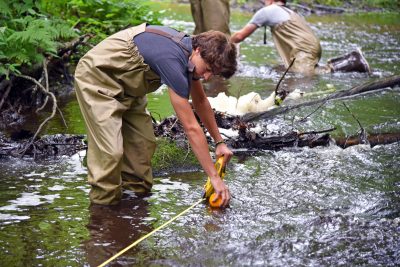
Institute of the Environment (IoE)
Advances foundational understanding and develops innovative solutions to pressing environmental challenges.
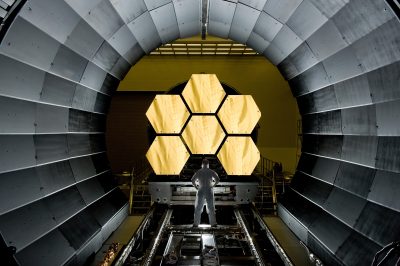
Pratt & Whitney Institute for Advanced Systems Engineering (PW-IASE)
Advances the science base of cyber-physical systems to accelerate its technological translation into sustained industrial growth.
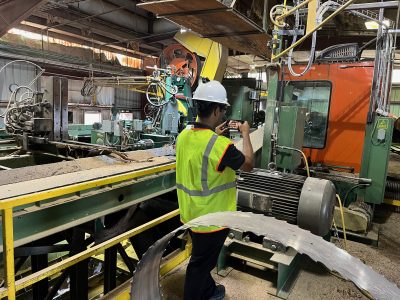
Southern New England Industrial Assessment Center (IAC)
Offers free energy and waste-reduction audits for small- to medium-sized manufacturing plants in and around Connecticut.

Technical Analysis and Support Center (TASC)
Coordinates regional partners and the Department of Energy to accelerate deployment of clean onsite energy technologies to manufacturers and other large energy users.